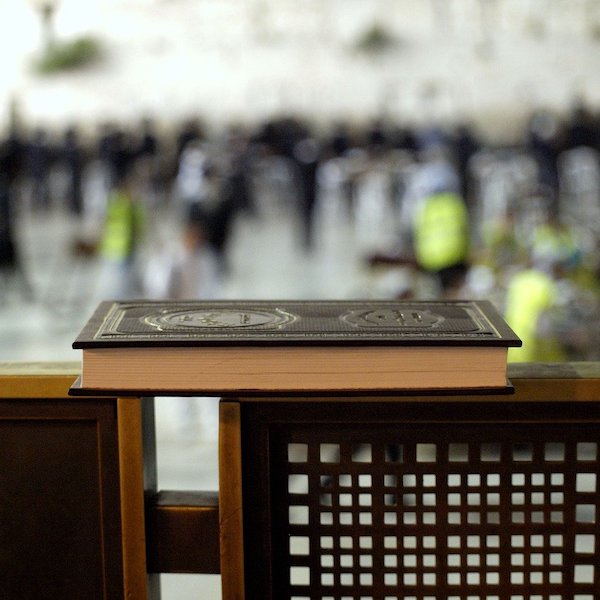
Our lives do not follow a straight line. They turn and then turn again. This re-turn (known in Jewish tradition as teshuvah, also translated as repentance) plays out ritually and halakhically in Rosh Hashanah and Yom Kippur.
The two holidays, so close together in the calendar, are quite different in temperament and symbolism. Rosh Hashana celebrates beginnings. In the words of the liturgy, it is “the birthday of the world”, and also the first day of the Jewish year. It marks a new beginning for our emotional selves and our connectedness to the divine. (It also occurs, incidentally, around the time when children return to the classroom). We learn on this day that memory is a prerequisite to future imaginings. The Yom Hazikaron, or Day of Remembrance, teaches us that if we can become clear about our origins and hence our life purpose and mission, we can move forward. To be without grounding is to walk on air and, ultimately, to fall.
Yom Kippur, the Day of At-One-Ment—although it reminds us of the past, of the glorious Temple Service of the Kohen Gadol—is essentially rooted in a vision of the end, that is, the day of our deaths. It is not an accident that we are commanded to wear a shroud (kittel), to refrain from physical necessities (eating, drinking, bathing, sexuality), and to meditate on our shadow-like existence on earth. Death and the possibility of immortality through cultivation of the soul and the admission of our failings are the persistent threads woven through this day.
Judaism, and Jewish education, should be about good questions as much as efficient answers. Rosh Hashana and Yom Kippur offer up questions of their own that beckon to all who wish to hear and engage with them. Who am I? What is my ultimate value? How should I live my life, both in terms of my personal goals and in my interactions with others? What do I need to know to live successfully? Where do I start? Where does God fit in? Is a spiritual life possible amidst the flurry of material strivings and distractions in my hurried and somewhat off-kilter schedule?
Can I stop long enough in my endless turnings to plot a straight and true line towards my destiny? Where will I find the will, the courage, the grace to stay focused on that line? Who hinders me in this process? How do I repent of what I have done, my mistakes, my ill-considered decisions, my lazy deflections of reality, my wounded attacks on others? Where do I begin to look for the entranceway to the gate of repentance? Who can help me step over that threshold? What do I fear? Can I convert my inner dissatisfaction, my long-standing ennui, into energy and determination for the new life I want?
The Yamim Noraim are about that long return from exile and existential loneliness and towards the divine being to whom we are reaching tentatively, haltingly, to revive us from our living deaths. As Rainer Maria Rilke writes: "We are all falling. This hand's falling too/all have this falling sickness none withstands/And yet there's always One whose gentle hands/this universal falling can't fall through."
